Aligning Capital with Climate: Insights from the Green Economy Summit 2025
The Asian Institute of Management (AIM) hosted the Green Economy Summit 2025 on 21 July, bringing together leaders from the public and private financial sectors, international institutions, and sustainability advocates. Co-convened by the Asian Engine for Net Zero (AENZ) and the Circularity Club of AIM, the summit served as a platform for deepening engagement around the Philippines Sustainable Finance Framework (SFF) and the newly launched Sustainable Finance Taxonomy Guidelines (SFTG).
With speakers representing the Bangko Sentral ng Pilipinas, the United Nations Environment Programme, leading commercial banks, and the academe, the event focused on a core question: How can financial institutions accelerate the adoption of sustainable finance—beyond compliance and toward measurable impact?

Turning Regulation into Opportunity
In her opening presentation, Rhodora Brazil-De Vera, Deputy Director at the Bangko Sentral ng Pilipinas (BSP), walked participants through the development and direction of the SFF and SFTG. She stressed that climate and environmental risks are now recognized as financial risks and outlined how the frameworks will guide banks in managing these exposures while supporting sustainable economic growth.
She noted that the Philippines presents a USD 168 billion green investment opportunity by 2030, with sectors like renewable energy, agriculture, and infrastructure driving demand for climate-aligned capital.

Global Capital, Local Impact
Umang Vats, Regional Analyst for APAC and India at the United Nations Environment Programme – Finance Initiative, provided an international perspective on how developing economies like the Philippines can tap into global climate finance.
She emphasized the importance of interoperability and alignment, highlighting the need for sustainability frameworks to work together and for financial flows to be consistent with global goals, to unlock capital at scale. Along with these, she also outlined a five-step plan for Philippine banks to practice interoperability: first, integrate the ASEAN Taxonomy into their policies; second, train risk, credit, and product teams to assess and structure deals according to taxonomy classifications; third, implement robust disclosure practices to collect, monitor, and report sustainability-related risks; fourth, develop taxonomy-related products recognized by international investors; and finally, collaborate with the BSP and other government partners for support.

Balancing Profitability with Purpose
From the private banking sector, HSBC Philippines’ Head of Sustainability, Ceejay Hernandez, spoke on the path to Net Zero, acknowledging that aligning immediate business targets with long-term climate goals is rarely straightforward. Yet, he stressed that progress is possible when guided by consistent, data-driven action, and that banks must also safeguard the economic wellbeing of their clients in the process.
Echoing this balance, BPI Vice President Jo Ann Eala argued that economic benefit—what she called “E2”, must carry the same weight as environmental and social priorities. “Reducing our GHG emissions, while helping our clients,” she noted, should be a central consideration for any financial institution.
Adding to the conversation, AENZ Sustainable Finance Lead Miya Cornejo urged banks to lead by example, starting with their own operational transformation. She described how AENZ supports institutions in strengthening ESG performance and invited them to join its “Ecosystem of Enablers”—a collaborative network driving financial sustainability nationwide. For Cornejo, embedding sustainability into everyday operations, aligning portfolios with both climate realities and community needs, and leveraging sector-wide networks are not discrete tasks, but interconnected strategies for lasting impact.

From Dialogue to Delivery
The Green Economy Summit highlighted a growing alignment between regulatory frameworks, institutional ambition, and public accountability. While the Philippines still faces significant capacity-building and policy execution challenges, the conversations affirmed clear momentum and a shared understanding that sustainable finance is not optional, but essential.
As climate risk intensifies and investor expectations evolve, the task now is to turn principles into practice and to ensure that sustainability becomes an embedded value across the financial ecosystem. Through programs such as the Master in Business Administration (MBA) and the Master of Science in Financial Technology (MSc in Financial Technology), AIM is preparing future-ready leaders equipped to navigate this transition. By combining technical expertise with a strong emphasis on sustainability, innovation, and ethics, these programs develop talent that can thrive in complex, fast-changing environments—where business performance and positive impact go hand in hand.
Building a sustainable future will require institutions, regulators, and individuals to align around a common goal: mobilizing finance not only for profit, but for progress. As an institute that produces leaders of change, AIM is committed to pushing the boundaries of business education to champion professionals that put the people and environment first.
If you would like to be at the forefront of a sustainable revolution, visit our website and explore our programs today: aim.edu


